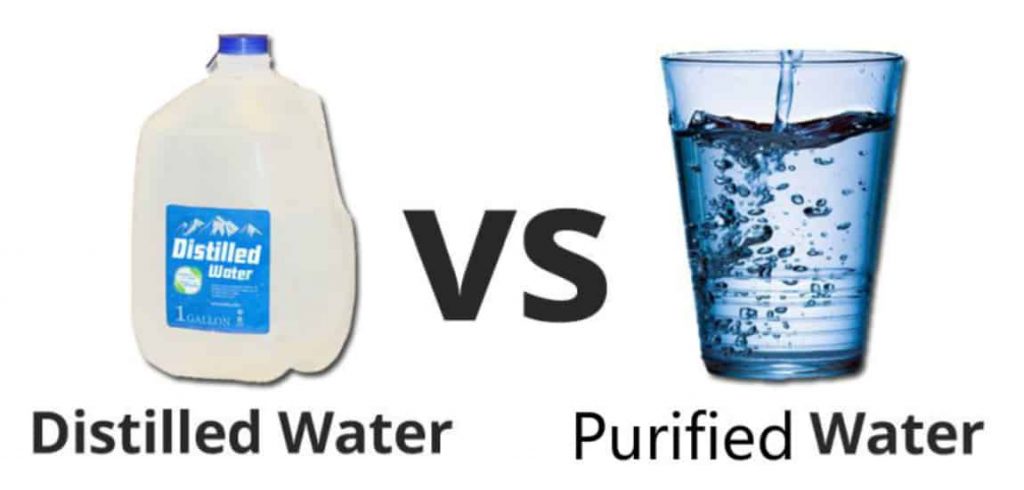Drinking more water is an easy way to live a healthy lifestyle. In reality, each year, Americans drink more than 2 billion gallons. In our body, water brings nutrients to all the cells and oxygen to our brain. Water enables nutrients, vitamins, amino acids, glucose and other substances to be consumed and assimilated by the body. Toxins and waste are washed out by water. In order to control body temperature, water helps.
More individuals are starting to shift from tap to bottle than ever. However, interestingly, not all bottled water is the same. Consumers are possibly familiar with terms such as filtered water, distilled water, or spring water, but what do they mean exactly? Although some can go unnoticed by these distinctions, there is definitely a difference between them. Most businesses providing home water delivery here insist that their water is the finest. Purified water, spring water, filtered water; anything is available, but which one is the best, really? Let’s look at these choices more closely, and maybe decide whether one is “better” than the alternatives.

Highly-treated drinking water that does not comprise the chemical compounds present in the municipal water supply is filtered water. Water distilled, according to the U.S. “Distillation, deionization, reverse osmosis or other acceptable processes are developed by the Food and Drug Administration and can also be referred to as “demineralized water, deionized water, purified water or reverse osmosis water.”
On the other hand, according to FDA guidelines, spring water,’ originating from an underground structure from which water flows naturally to the earth’s surface at an identified spot, can be collected at the spring or through a bore hole, tapping the underground formation that feeds the spring,’
The “better” water relies heavily on what you consider to be the most significant variables. The root is the true truth about water. You can opt for filtered water from Diamond Rock if you’re uncertain about the consistency of the springs, like those in Flint, Michigan. That also goes for traveling abroad. Those who like spring water tend to like natural minerals that are not discovered in filtered alternatives. Such extra minerals make the liquid more favorable for health, and some also claim to enhance the water’s taste.

The quality of drinking water is the responsibility of both the FDA and the Environmental Protection Agency. Public drinking water (tap water) is governed by the EPA, while the FDA controls bottled drinking water. Spring water goes into very little filtration compared to distilled water, as the aim is to preserve the minerals that naturally occur. Bottled spring water is expected to be screened and filtered for any sediment to meet FDA requirements. Because it is the process of removing the contaminants that make it purified water, purified water can come from any source.
Availability and personal preference depend on the option between the two. The taste of its natural minerals is enjoyed by people who like spring water. Others prefer filtered water that has been explained in homes or businesses by high-grade water purification systems installed.




